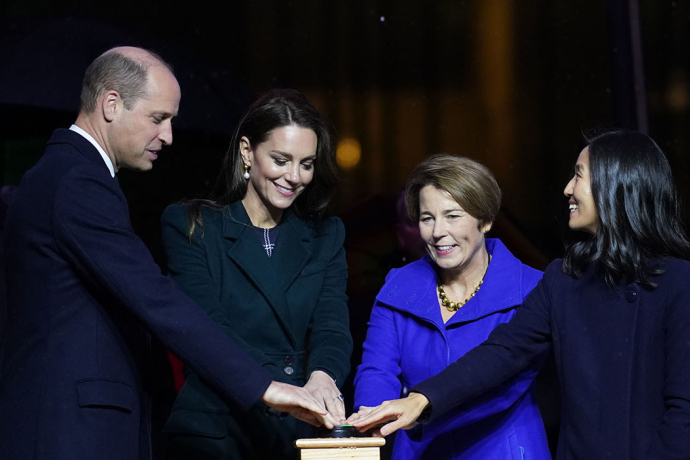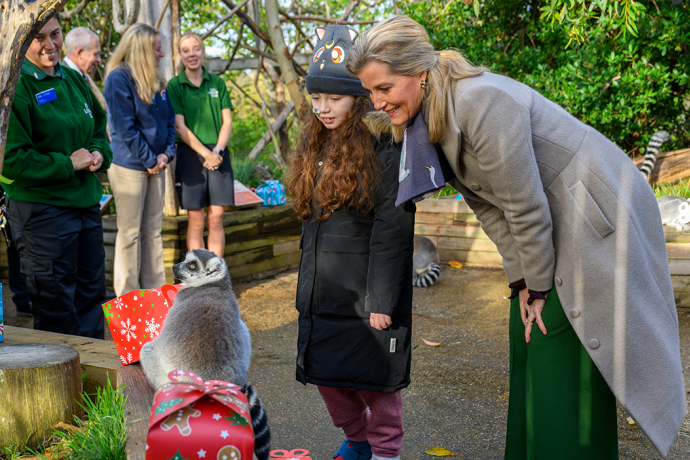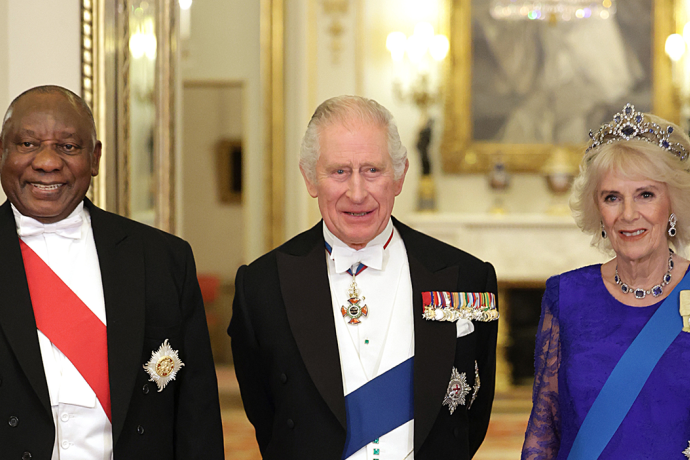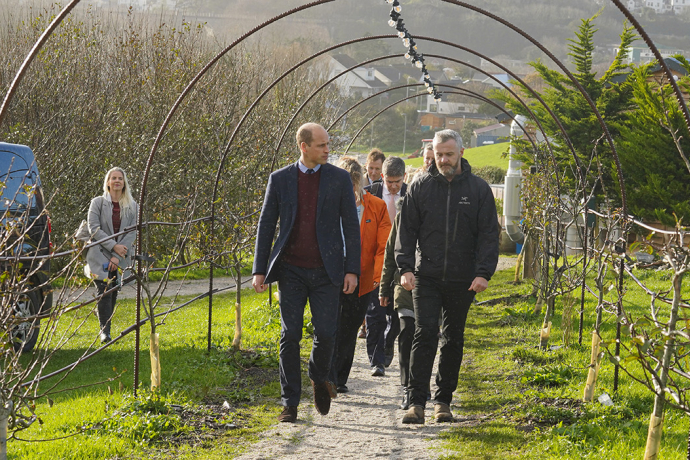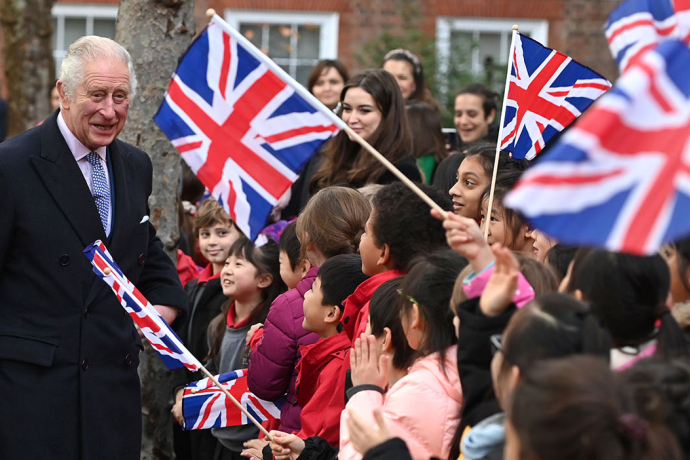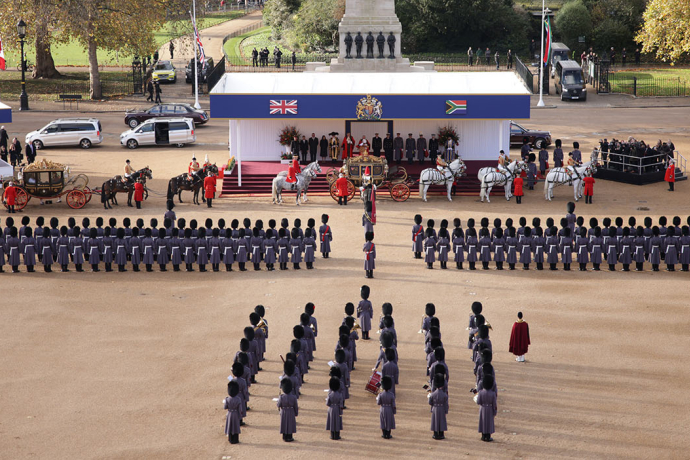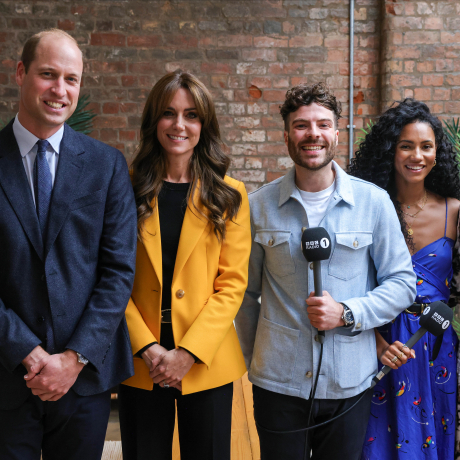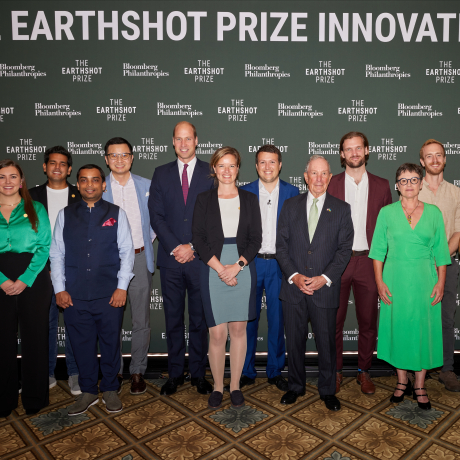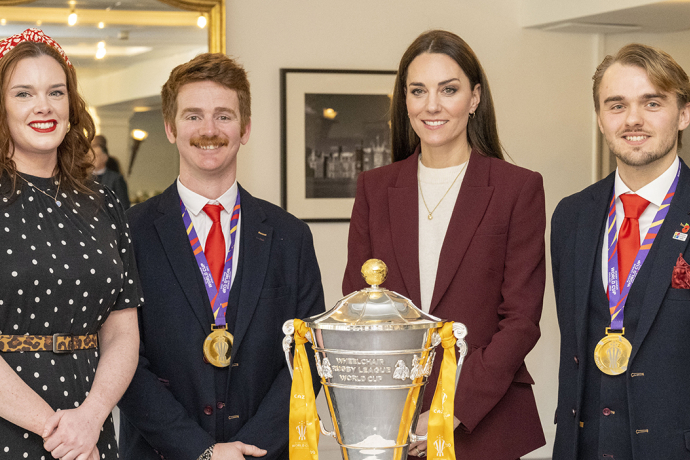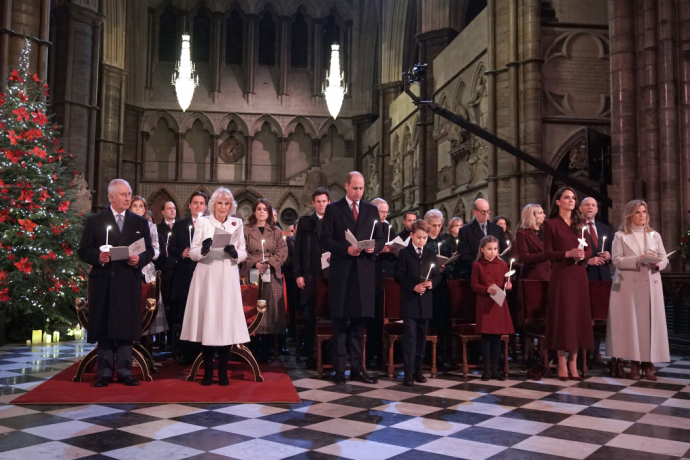The King and The Queen Consort visit Dunfermline and Edinburgh
Published
Their Majesties celebrated Dunfermline’s new City status, and met members of Scotland’s South Asian communities to thank them for their contribution to national life during their first visit to Scotland since the end of Royal Mourning.
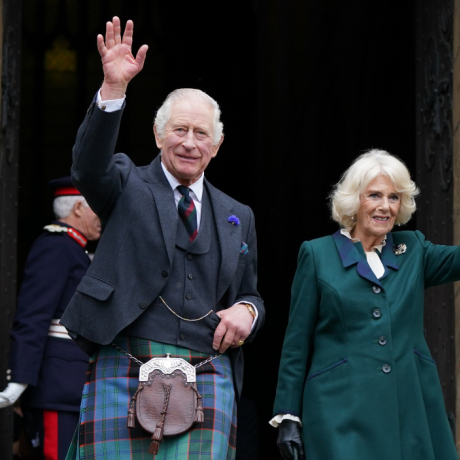
Dunfermline
Their Majesties' visit formally mark the conferral of City status on Dunfermline to mark The Queen’s Platinum Jubilee. In his speech at the ceremony, The King spoke of this history and significance of the city, its strong community spirit and the conferral paying a fitting tribute to the life and work of Queen Elizabeth.

It is my hope that all those who live in, or who hail from, this very special place, will feel a real sense of pride at this latest chapter in our rich history, and that this new distinction will not merely burnish the legacy of the past but will also brighten the prospect of our future.
Dunfermline’s bid for city status was based on its heritage and its historic status as an ancient seat of royal power but it is also one of the fastest growing towns in Europe.
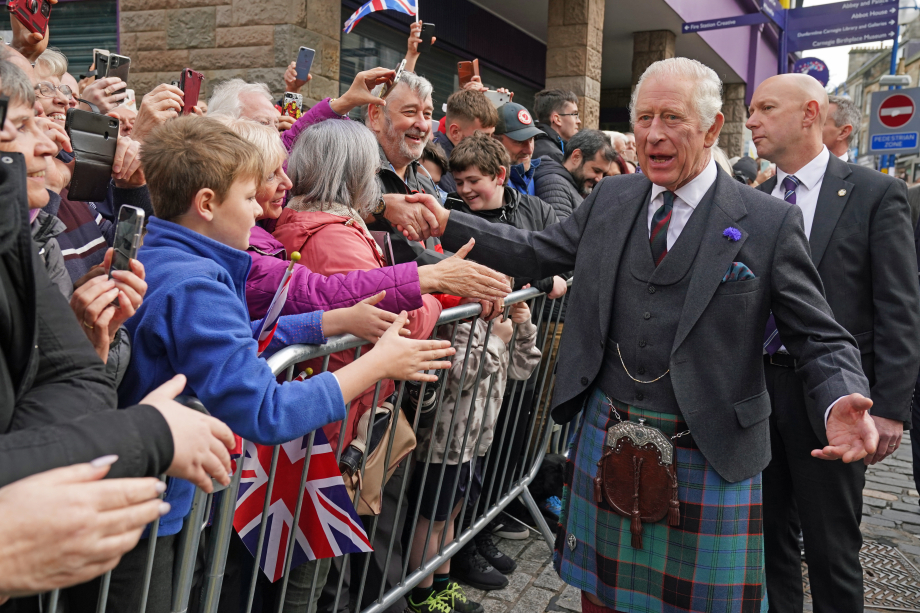
Dunfermline was established as the new seat of power in 1057 by King Malcolm III, who married Margaret of Wessex. It was Margaret of Wessex who brought the Benedictine monks to Scotland and introduced cultural innovations from the Courts of Europe. As Scotland’s only female Saint, she drew pilgrims from all over, leading to the building of Dunfermline Abbey, the burial site of Kings and Queens, including King Robert the Bruce, and this year celebrating its 950th anniversary.
Her Majesty Queen Elizabeth II previously visited the Abbey to mark its 900th anniversary.
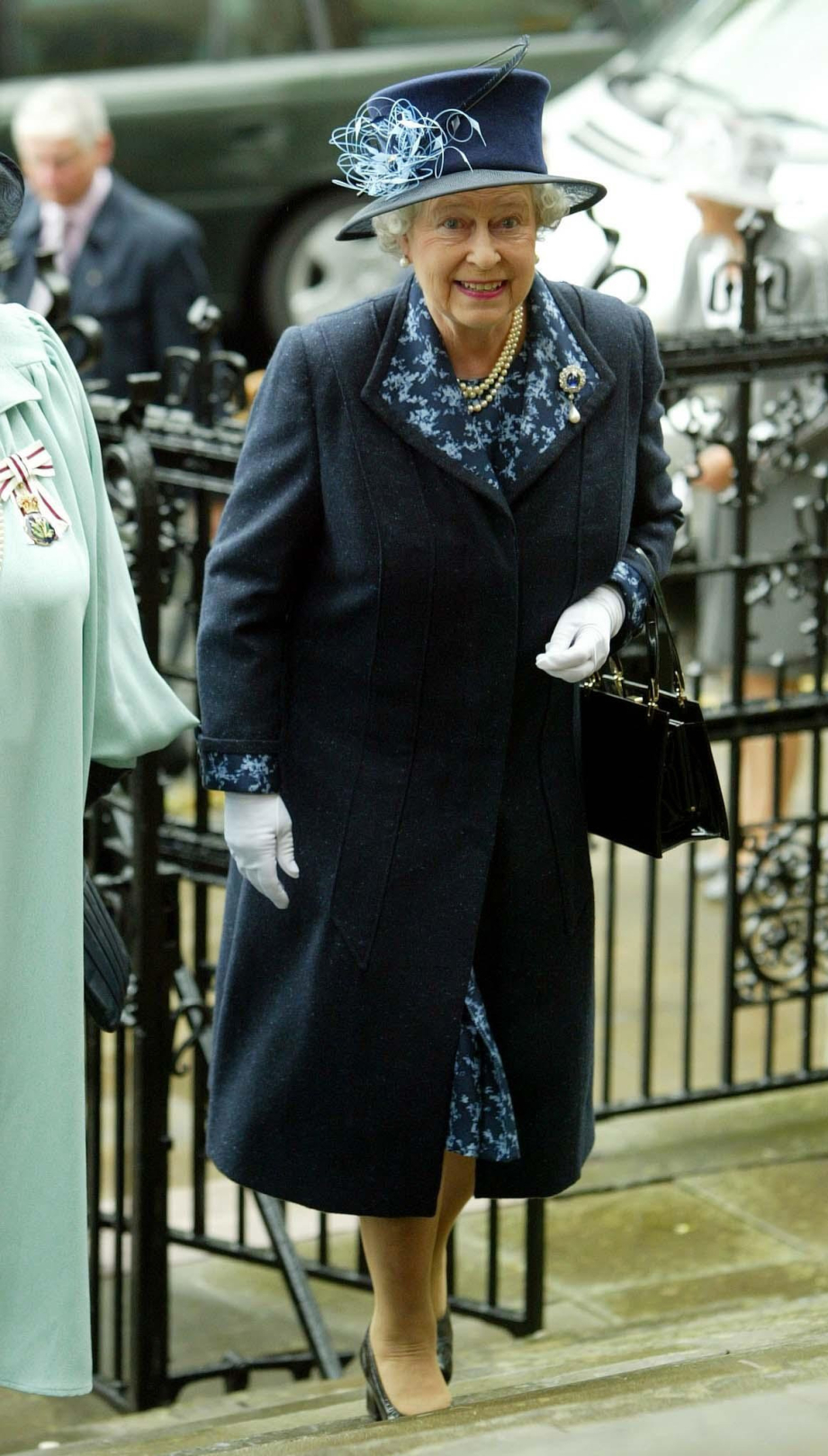
After the official ceremony, The King and The Queen Consort took a short walk to Dunfermline Abbey, to mark its 950th anniversary.
Edinburgh
In Edinburgh, at the Palace of Holyroodhouse, The King and The Queen Consort joined a reception in the Great Gallery where they met guests of British Indian, Pakistani, Bangladesh, Sri Lankan, Nepalese, Bhutanese and Maldivian heritage from across the UK to recognise the contribution that these communities have made to the National Health Service, Arts, Media, Education, Business and the Armed Forces.
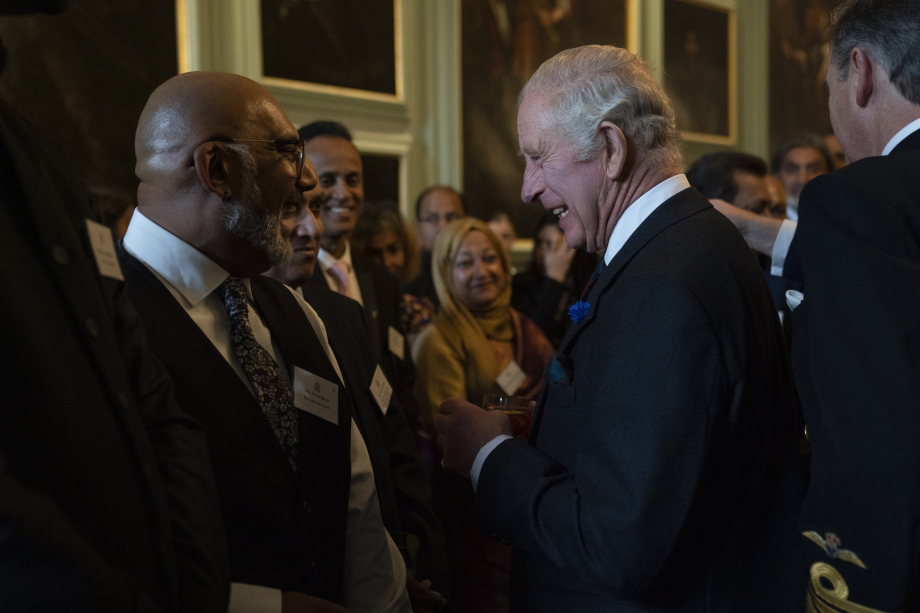
The King has been involved with British Asian communities for many years through his work with The British Asian Trust, which he founded in 2007 with a group of British Asian business leaders, to tackle widespread poverty, inequality and injustice and support disadvantaged communities in South Asia.

Related content
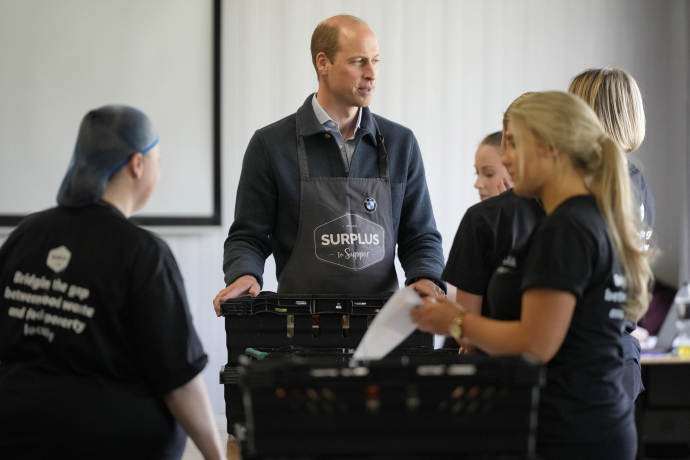
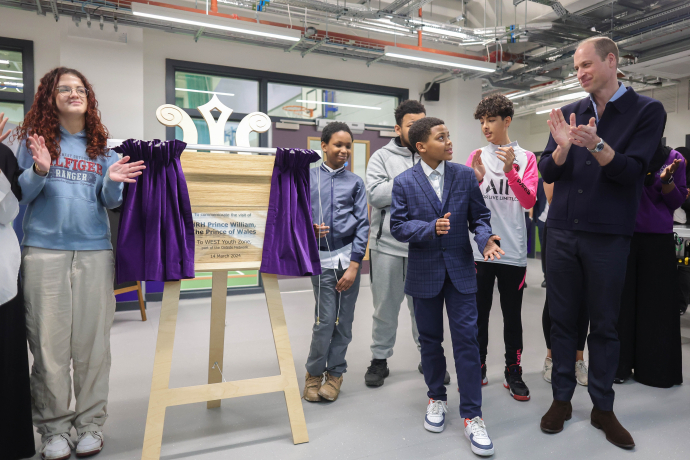
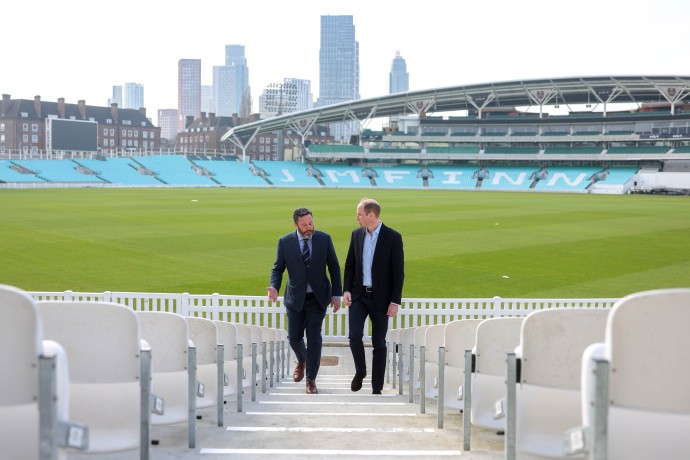
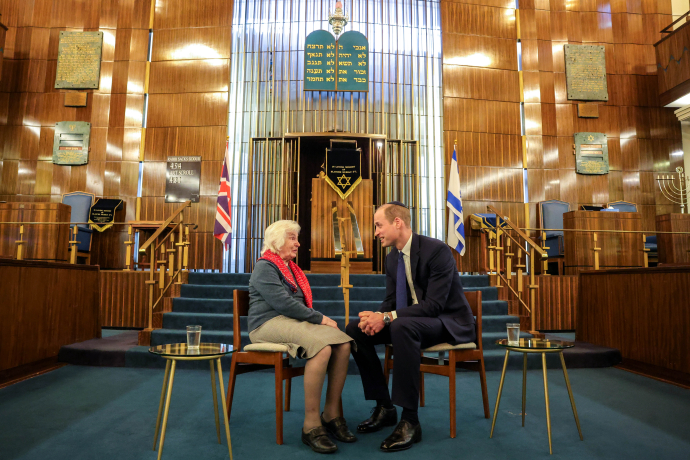
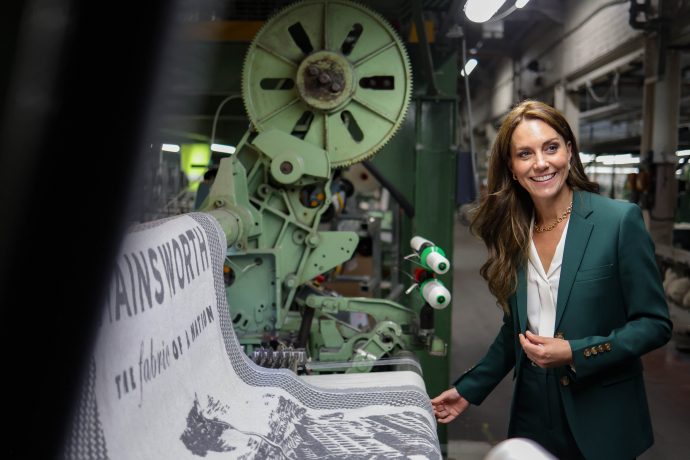
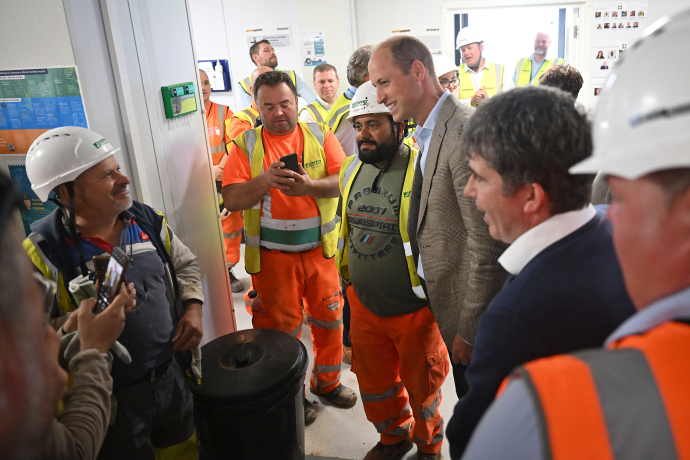

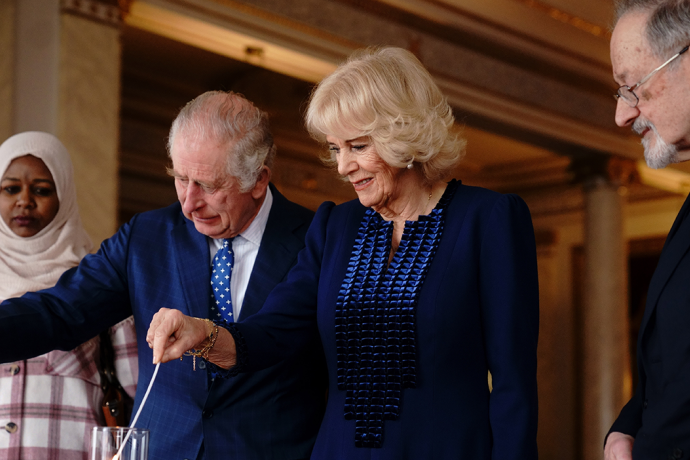
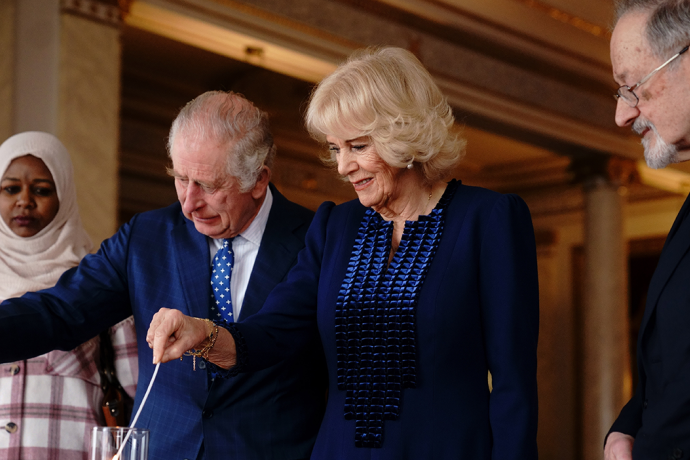
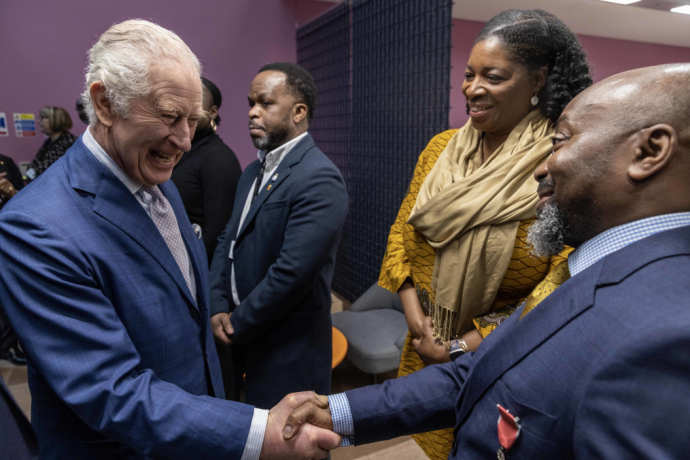

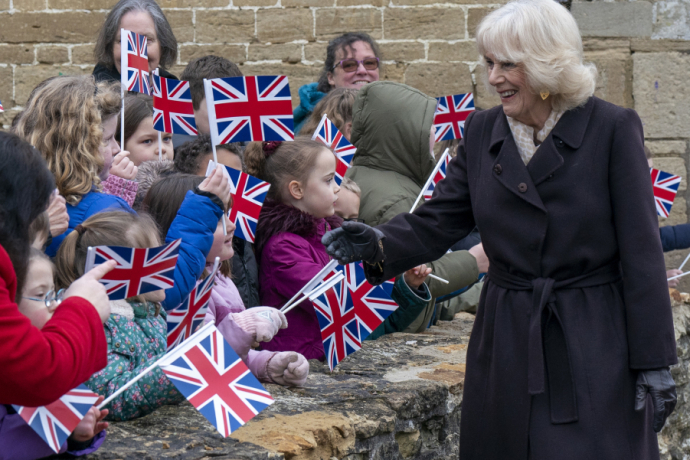
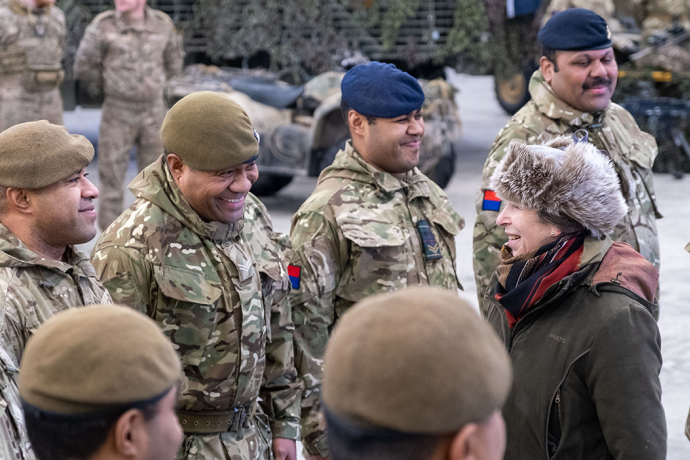
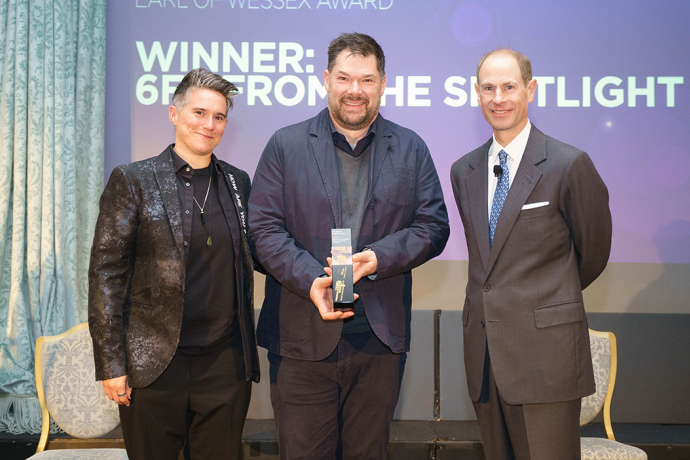
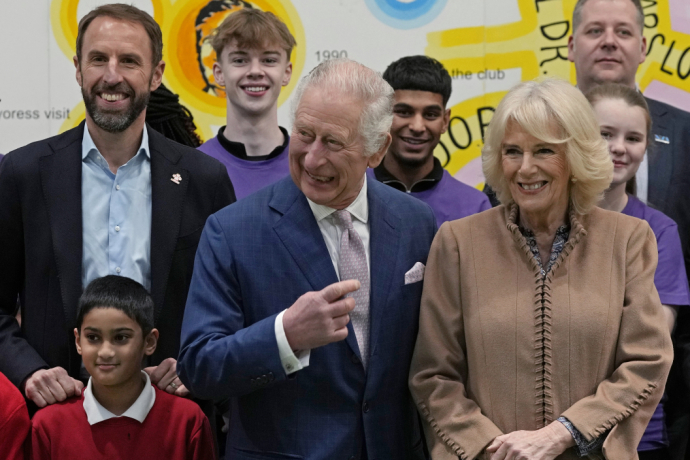
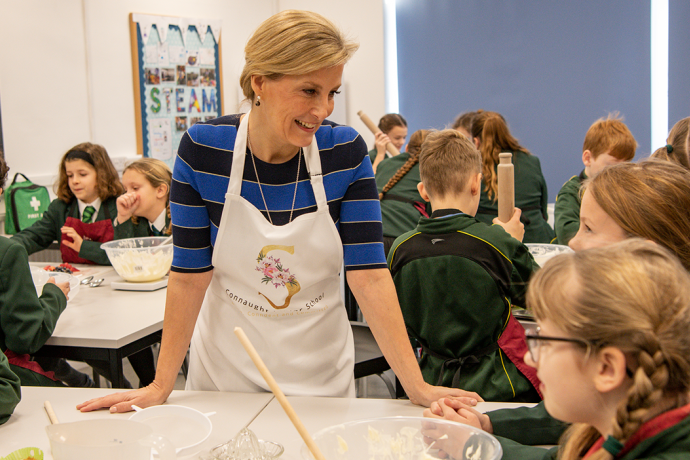
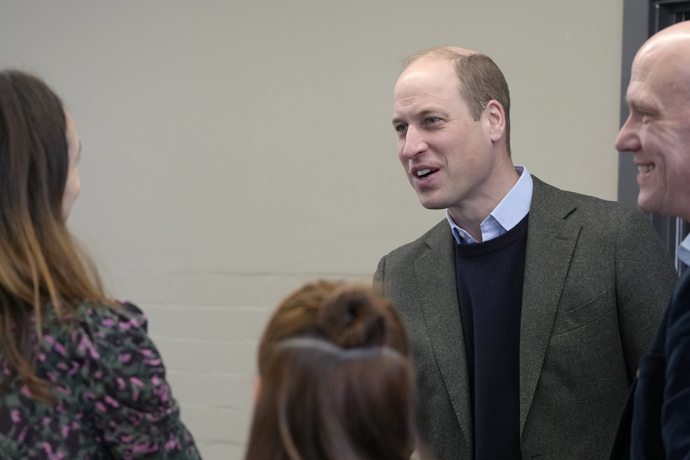
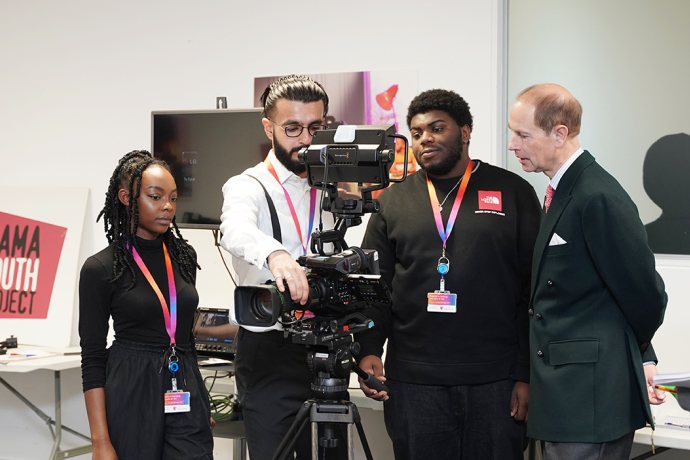
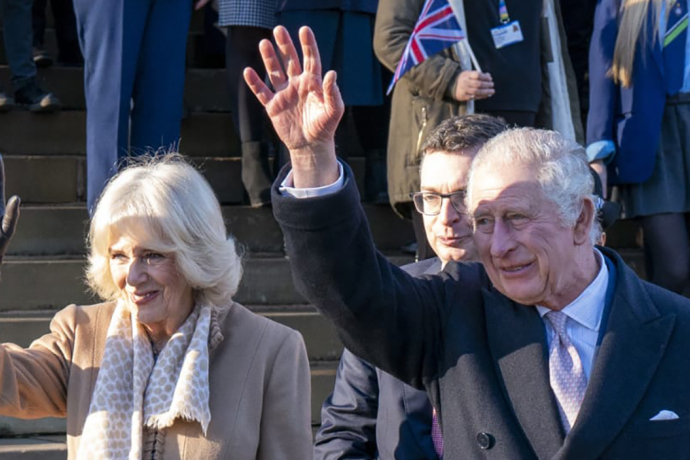
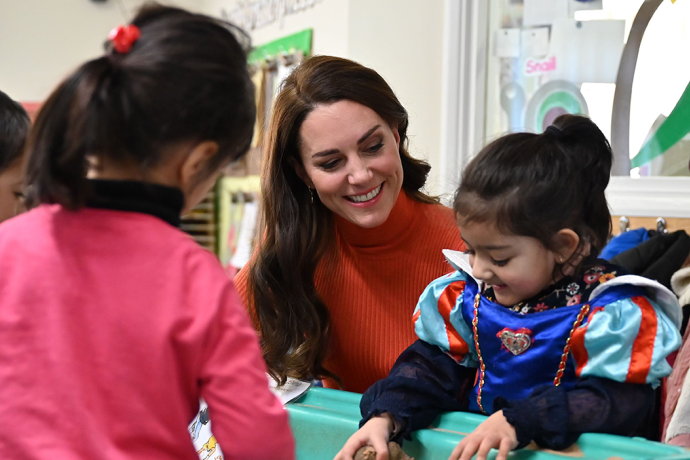
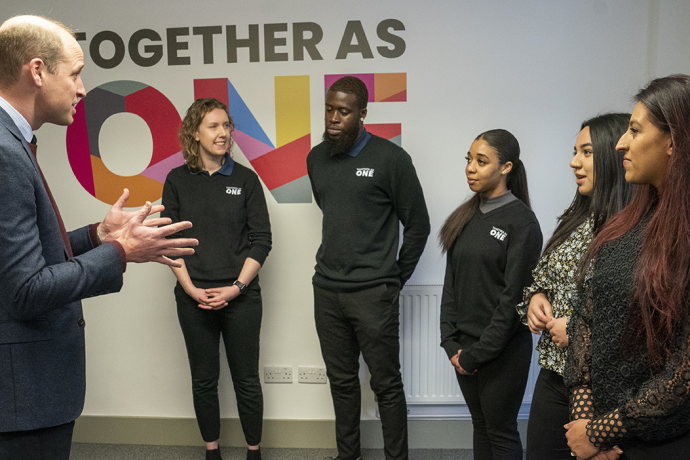
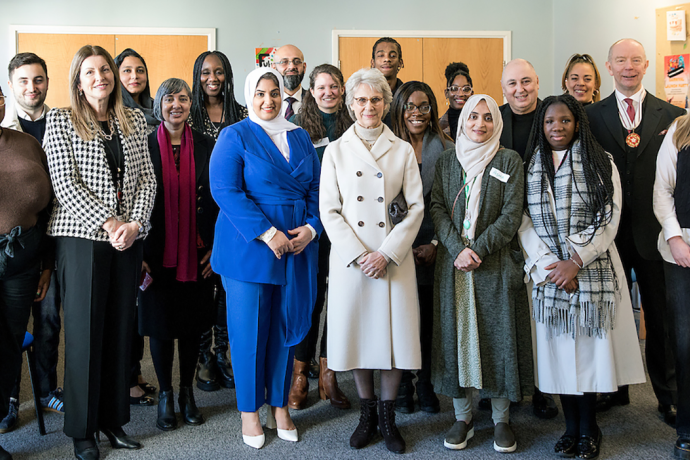
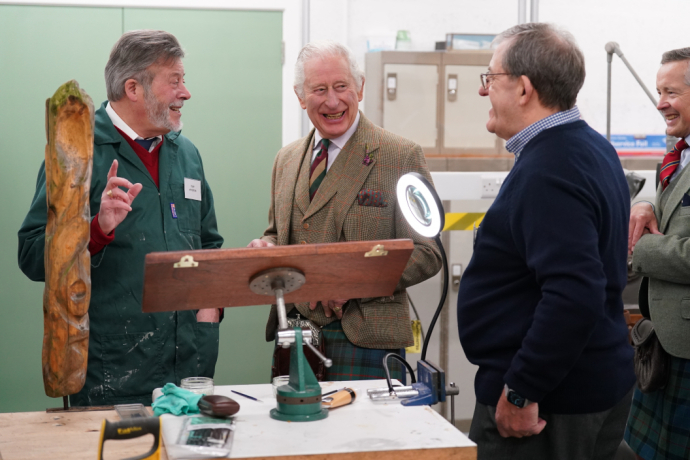
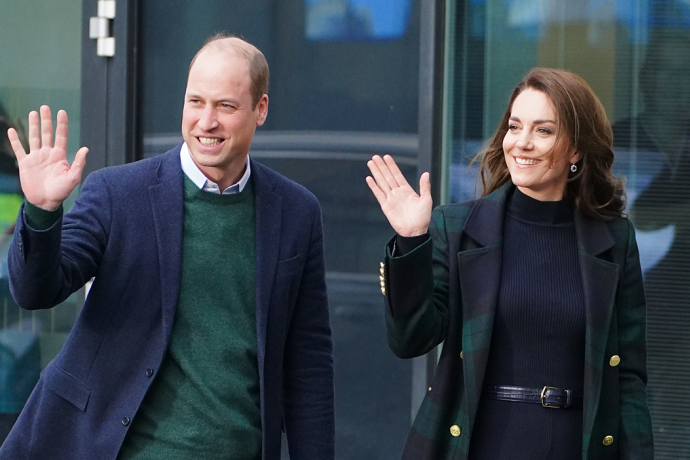
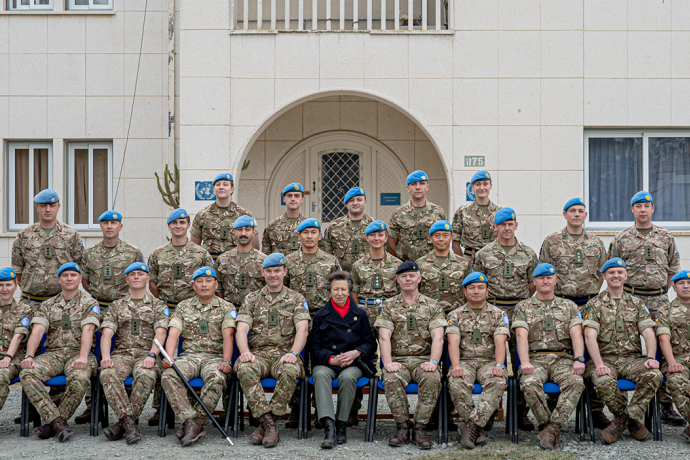
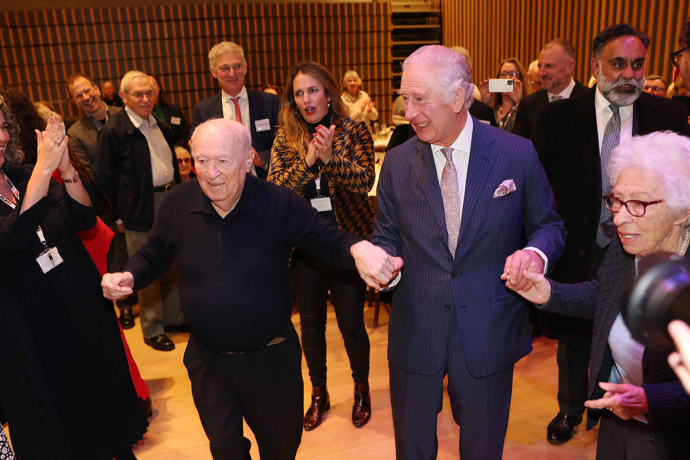
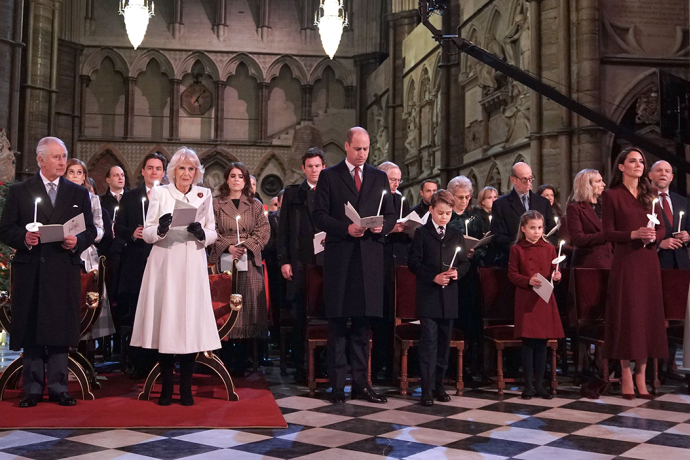
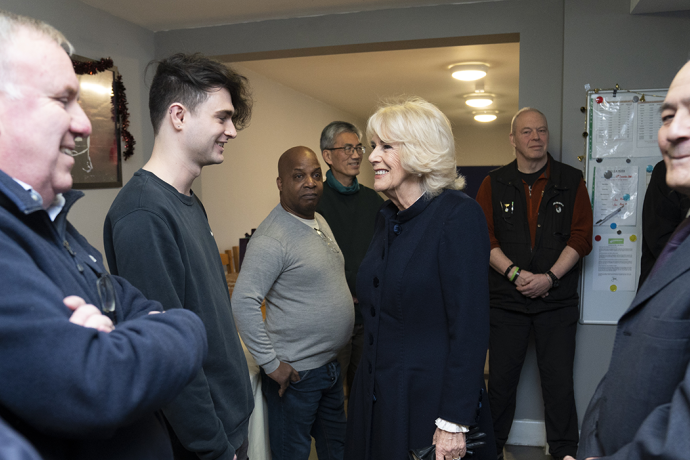
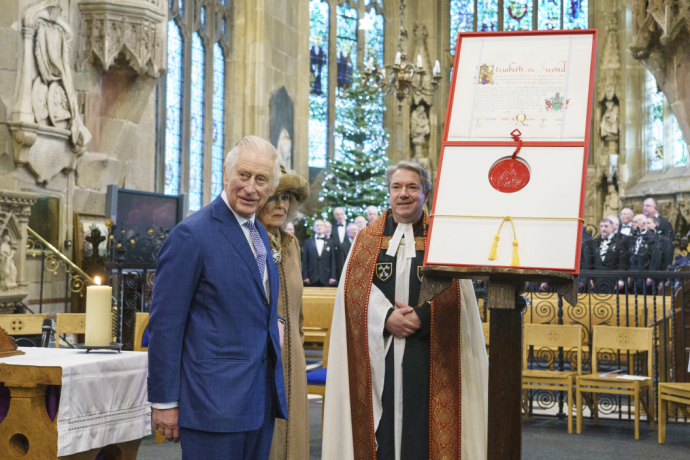
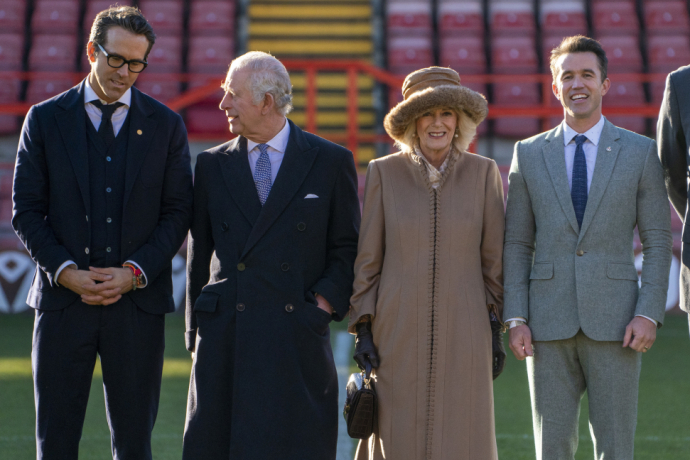
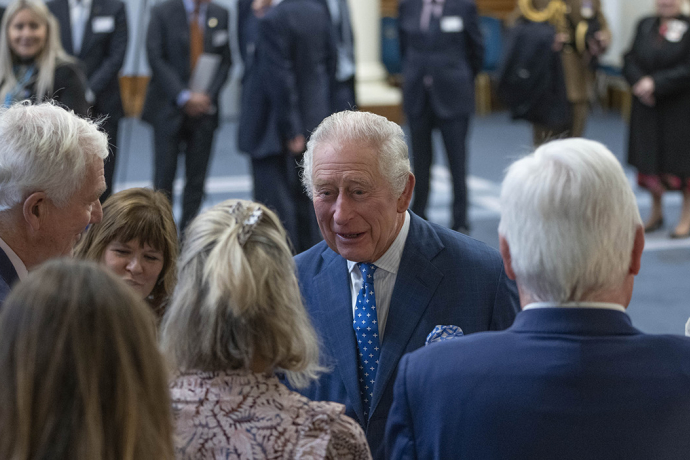
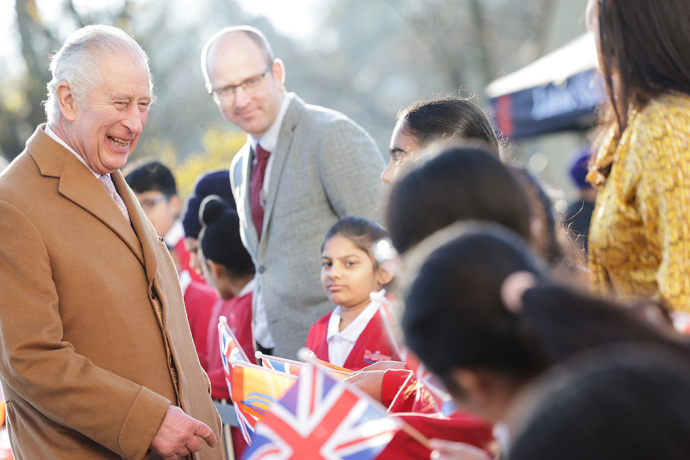
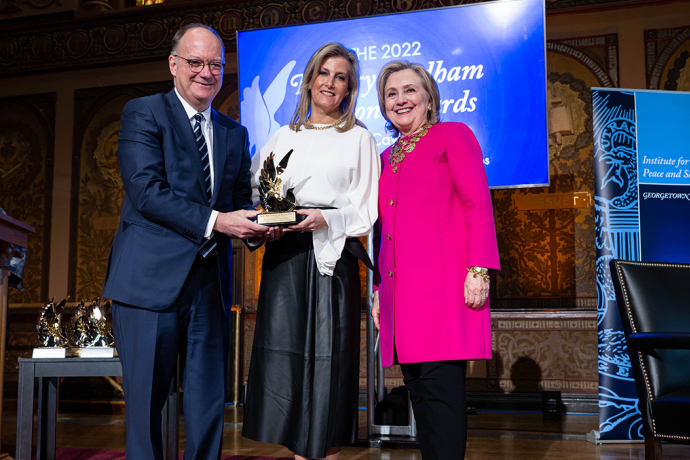
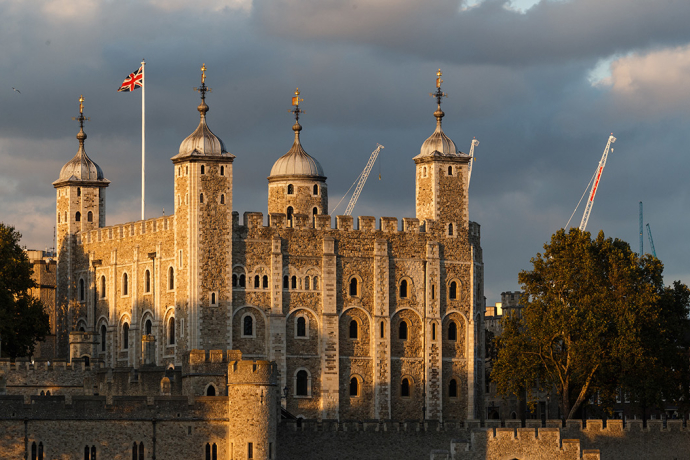
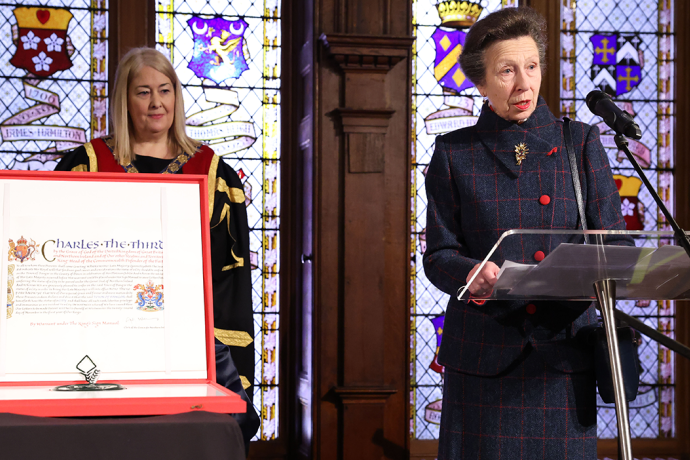
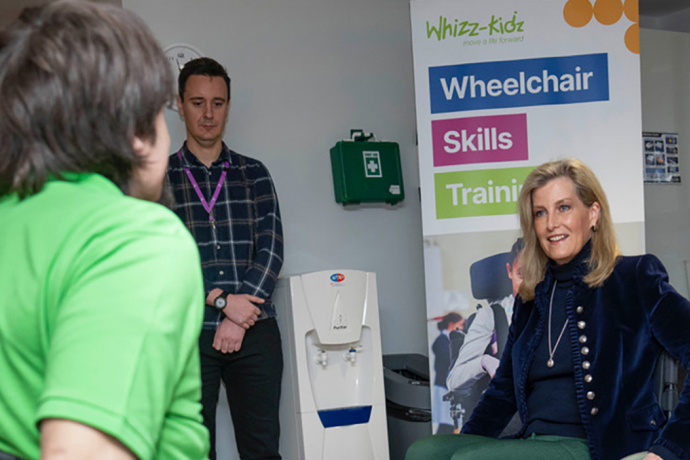
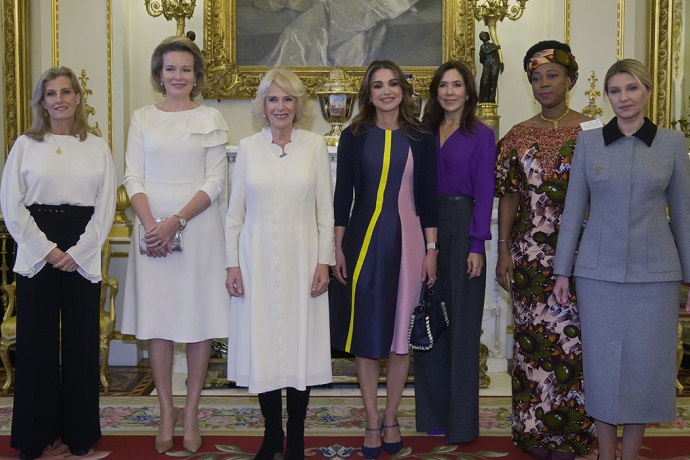
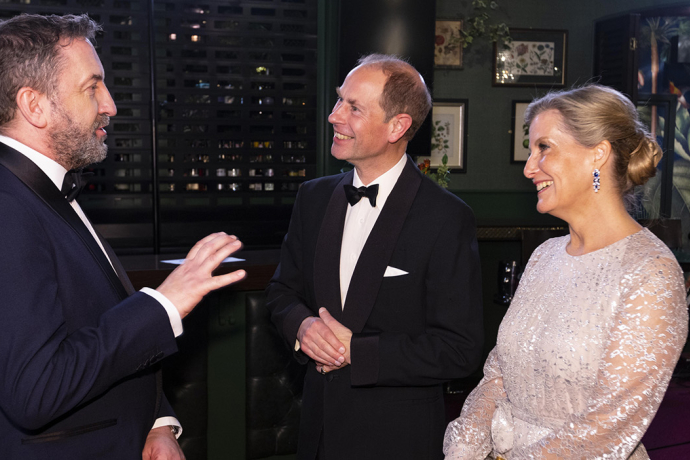

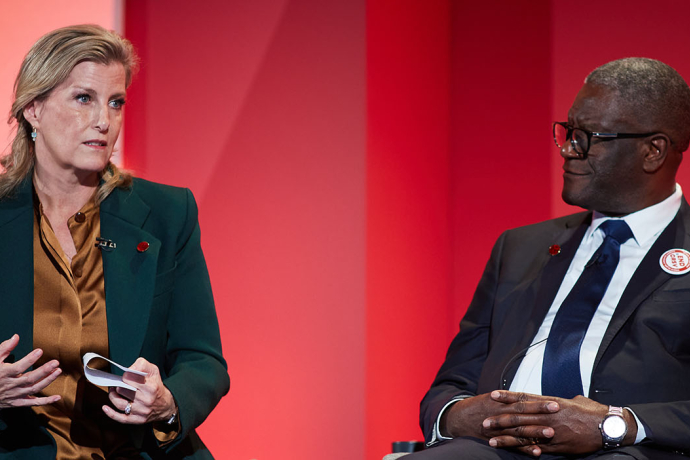
The Prince and Princess of Wales visit Boston for the 2022 Earthshot Prize Awards
28 November 2022